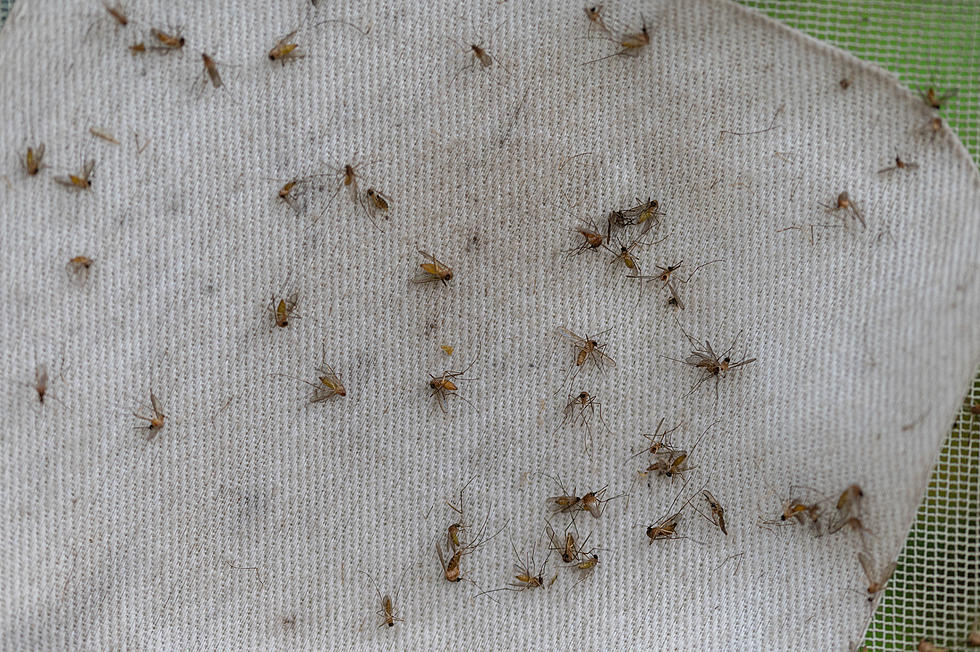
No, You’re Not Crazy, Mosquitoes in Louisiana are Becoming Harder to Kill
Louisiana residents may have noticed an alarming increase in the mosquito population lately, coupled with a growing feeling that their usual methods of mosquito control are less effective than before.
If you've ever wondered whether you're imagining it, rest assured, you're not alone in this experience. The mosquito menace is indeed on the rise, and a recent report from our media partners at KATC sheds light on the unsettling reality that mosquitoes are becoming harder to kill, particularly the disease-carrying ones.
Living on literal swampland, Louisiana provides an ideal environment for mosquitoes to thrive due to its stagnant water, a breeding ground for these pesky insects. According to the KATC report, scientists from the Centers for Disease Control and Prevention (CDC) have revealed that mosquitoes are growing increasingly resistant to common insecticides, thus staying alive longer and posing a greater threat to public health. This growing resistance is especially concerning in regions with extreme heat and heavy rainfall, conditions that have been prevalent in Louisiana, particularly during this summer's record-breaking heatwaves.
West Nile virus, a deadly disease transmitted by mosquitoes, has been responsible for numerous deaths in the United States annually. The recent findings indicate that the mosquitoes carrying this virus, along with others, are not only becoming harder to eliminate but are also spreading more widely in specific communities across the nation.
The CDC has recorded at least 90 cases of West Nile virus infection in humans this year alone. Although this number is significantly lower than the 9,862 cases reported in 2003, the virus remains a persistent threat. For instance, Maricopa County in Arizona has seen a substantial increase in the number of mosquito traps testing positive for West Nile virus this year compared to the previous year.
The concerning pattern of mosquito-borne diseases is closely linked to climate conditions. As heavy rains and extreme heat become more frequent due to climate change, stagnant water becomes a breeding ground for mosquitoes. Johnny Dilone, Maricopa County Environmental Services community relations manager, warned that stagnant water accumulating for three to five days under warm temperatures is conducive to mosquito breeding, putting communities at risk.
To combat the rising mosquito population, health officials have been relying on spraying insecticides. However, if mosquitoes continue to develop resistance to these chemicals, the United States could potentially face another major outbreak of viral infections, similar to the widespread outbreak experienced in 2003.
The urgency to address this issue is underscored by the fact that mosquito-borne illnesses like West Nile virus and Jamestown Canyon virus lack effective vaccines or treatments, leaving prevention through mosquito bite avoidance as the primary defense strategy.
As Louisianans get ready for war with an increasing mosquito menace, the need for innovative and effective mosquito control strategies becomes more pressing.
While the battle against these aggravating insects is far from over, it is evident that cooperation and communication between officials, scientists, and communities will be key in curbing the spread of these diseases and ensuring the safety and well-being of Louisiana residents—especially those of us who absolutely hate mosquitos.
See the full story here via KATC.
